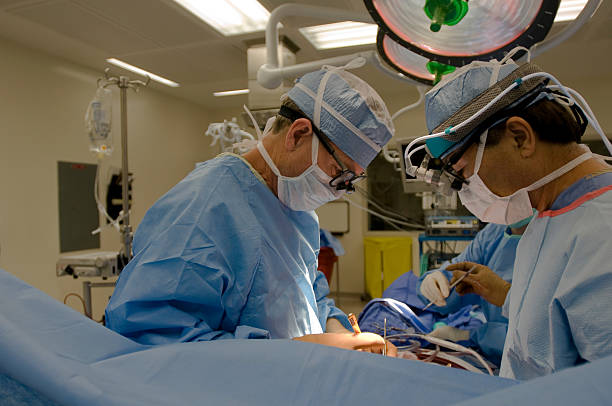In recent times, many people tend to associate the word “cancer” to “death” as if they are synonymous with each other. In fact, people immediately think of death even before knowing the specifics or the details about a person’s actual health condition. Maybe this is because of the alarming yet deadly threat of the disease which can affect anyone from all walks of life–regardless of age and gender.
While the number of cancer patients continue to grow each day, it is important to always keep faith by bearing in mind that there is still hope–there are still ways to diagnose, treat, and even prevent this chronic illness. Awareness really matters.
Colorectal cancer, otherwise known as colon cancer (or rectal or bowel cancer), is one of the most commonly diagnosed cancers yet the most misunderstood. With the fact that this is a fatal type of cancer, everyone (especially patients) is encouraged to get to the bottom of this health problem. And this not only means knowing more about it, but also learning how to save one’s life from it.
A Deeper Understanding
Atlantic Medical Group (AMG), a gastroenterology center based in North Carolina, defines colon cancer as an odd cell growth that develops in a person’s colon or rectum. It normally begins as polyps growing within the inner lining of the large intestine.
AMG believes that lack of knowledge about a certain disease will definitely endanger human life. Thus, it is out to share little known facts about colon cancer. Here are few interesting sets of information randomly compiled:
– It is the second leading cause of cancer-related deaths in the United States.
– In 2009, there were 146,970 recorded cases of colon/rectal cancer diagnosed in the US and this figure declined to 131,607 in 2010. However, there was a bigger number of deaths in 2010 pegged at 52,045, while there were 49,920 people who died from this illness in 2009.
– People with a first-degree relative who has colon cancer have two to three times risk of developing the same disease.
– Screening is best recommended for people aged 50 (or younger than 50 if a patient is believed to have much higher risk of developing such disease). This process is a preventative measure that stops the case from getting worse.
– Polyps and inflammation are early signs/indicators of colon cancer.
– Smoking increases the risk of acquiring colon cancer.
– Many studies suggest that a person who eats red meat and meats high in fat content has a higher chance of obtaining this type of cancer.
– This is more common among people who are obese and overweight; less common among people who perform regular exercises.
– Centers for Disease Control and Prevention: Too many Americans skip colon cancer screening tests.
While it is impossible to make a guess or predict who among us will acquire this fearsome condition (or when it might happen), it really pays to know that there are things that we can do to reduce the risk of developing colon cancer.
Science of Gastroenterology
Cancer doesn’t mean death. Many still manage to survive this. It’s just a matter of faith and awareness.
If you feel you’re having signs and symptoms of colon cancer, nothing is better than seeking advice from health experts at a gastroenterology center.




